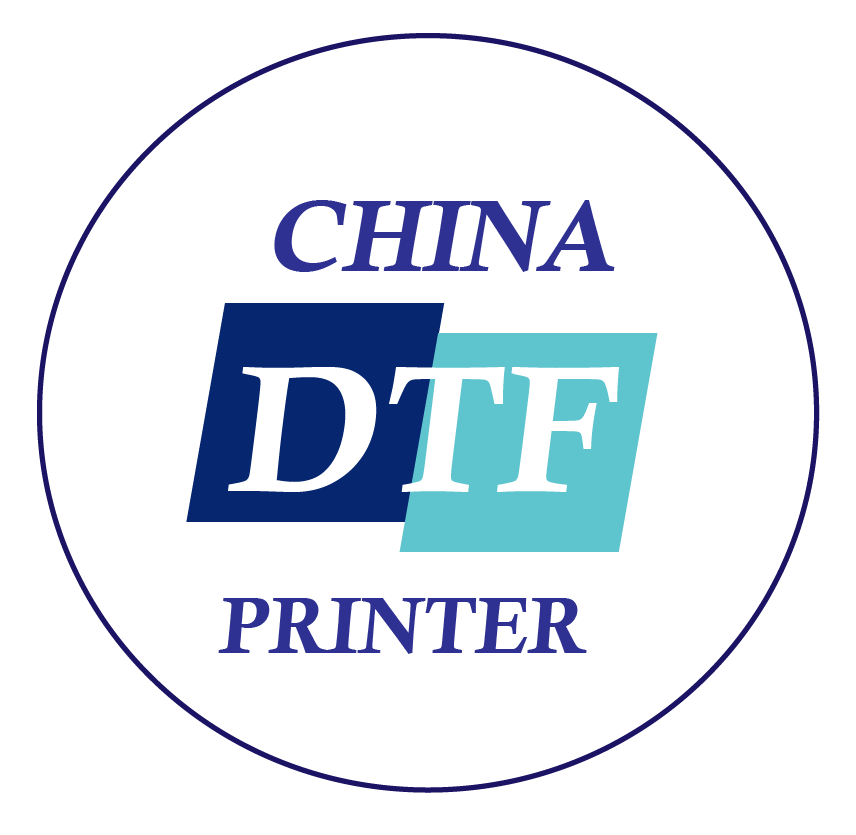The versatility and innovation in printing technology have been remarkable over the years, especially with the advent of Direct to Film (DTF) printing, a method that has gained popularity for its high-quality results and ease of use. However, the question of whether DTF ink can be used in Epson printers is one that requires careful consideration. This exploration will delve into the compatibility of DTF ink with Epson printers, the benefits and potential risks involved, and some guidelines for those who wish to embark on this printing journey.
Direct to Film printing is a technique that involves printing a design onto a special film, which is then transferred onto a variety of substrates using heat and pressure. This method is especially favored for its ability to produce vibrant and durable designs on fabrics, making it a popular choice for custom apparel and merchandise. The process uses specific types of inks that are designed to ensure the transfer is successful and the end product is of high quality.
Epson printers, known for their reliability and high-quality output, are widely used in both home and professional settings. These printers typically use inks that are formulated to work with their specific print head technology, ensuring longevity and preventing damage. The question arises when individuals or businesses want to use DTF ink in Epson printers, which are not originally designed for this purpose.
Compatibility
The primary concern when considering the use of DTF ink in Epson printers is compatibility. Epson printers are engineered to work with specific ink formulations that match their print heads’ operational requirements. DTF inks have different compositions, designed to be printed on film and then transferred to various materials. While it is possible to find DTF inks formulated to be compatible with certain Epson printer models, it’s crucial to understand that using non-original inks can potentially void the warranty of the printer and may lead to issues such as clogging or even damage to the print head.
Benefits
The allure of using DTF ink in an Epson printer lies in the potential to expand the printer’s versatility and tap into the growing market for custom apparel and merchandise. DTF printing offers several advantages, including the ability to print on a wide range of fabrics, both light and dark, and the durability of the prints, which can withstand washing and wear better than some other methods. For businesses or individuals looking to diversify their offerings, using DTF ink can open up new opportunities.
Risks
However, the risks associated with using DTF ink in an Epson printer should not be underestimated. Aside from the potential voiding of the warranty, the use of incompatible inks can lead to frequent clogging, decreased print quality, and even irreversible damage to the printer. The cost of repairs or replacement, along with the possible downtime, could outweigh the benefits.
Guidelines
For those who decide to proceed with using DTF ink in their Epson printer, there are several guidelines to follow to minimize risks:
- Research: Thoroughly research to find DTF inks specifically formulated for use in your Epson printer model. Some manufacturers offer inks that are compatible and less likely to cause issues.
- Testing: Start with small-scale tests to assess the compatibility and quality of prints. This can help identify potential problems before they become costly.
- Maintenance: Regular maintenance of the printer is crucial. This includes frequent cleaning of the print head to prevent clogging and ensuring the printer is used regularly to keep the ink flowing smoothly.
- Professional Advice: Seek advice from professionals who have experience in DTF printing with Epson printers. They can offer valuable insights and tips for success.
- Accept the Risks: Be prepared for the potential consequences, including the possibility of damaging the printer and voiding the warranty.
In conclusion, while the use of DTF ink in Epson printers offers exciting possibilities for expanding the range of printable substrates, it comes with significant risks. Careful consideration, thorough research, and adherence to guidelines can mitigate some of these risks, but the decision to proceed should be weighed against the potential for innovation and growth in your printing endeavors. Ultimately, the compatibility of DTF ink with Epson printers is a nuanced issue that requires a balanced approach to innovation and caution.
